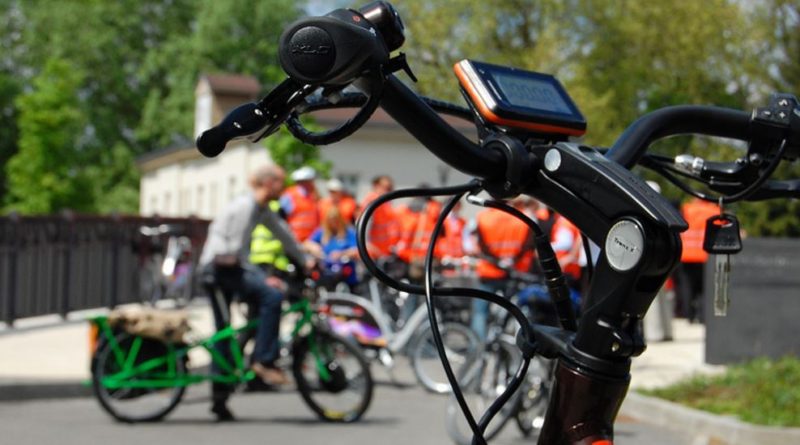Electric bike subsidy pays off, says ECF report as UK’s OLEV rules it out
Just days after the UK’s Office for Low Emission Vehicles seemed to confirm there would be no plans to subsidise electric bikes, the ECF has published a report detailing the fiscal incentives to driving forward the e-bike movement.
In a Twitter exchange on Saturday, the official @OLEVgovUK responded to a query on subsidy for electric bikes, stating “sorry, but no. These grants are available to bridge the cost gap between #ev and #ICE equivalent road vehicles.”
The account then tweeted: “Not sure there are many people considering a petrol motorcycle than could be persuaded to buy a bicycle instead?”
OLEV grants for electric cars come in at £4,500, £8,000 for a van and £1,500 for a motorbike. With a large portion of the UK’s journeys falling within an easily cycled sub five mile range, electric bikes present a further opportunity to bring about change in the way road space is used efficiently.
As flagged in the ECF’s new “electromobility for all” report, several European territories are currently making a success of treating electric bike buyers with the same enthusiasm as they might those switching from petrol or diesel to electric cars.
“Both France and Austria have taken these initiatives for a simple reason: investment in e-cycling pays off. In addition to the economic, environmental, health and other benefits that cycling has to offer, e-bikes are the perfect solution for longer distance trips. In studies, they proved to be faster than cars in trips up to 10 km (twice longer than the ones with conventional bikes),” says the PR announcing the availability of the new report.
Within Austria, local fiscal incentive programmes have seen the territory grow to become one of Europe’s top three electric bike markets in terms of bikes to population ratio. In 2015, 9 e-bikes per 1000 inhabitants were sold in the Alpine country (compared to 6.6 in Germany or 1.5 in France).
Oslo too is subsidising electric cargo bike purchases to the tune of €1,200.
Thus far subsidy in Germany for electric cars has seen a lacklustre payback. €1.4 billion was spent up to 2014 to promote the new generation of vehicles, with just 25,000 electric cars hitting the streets in return.
The ECF report, which you can download in full here, encourages decision makers to include e-cycling in their electromobility strategies and, most importantly, allocate funding to bring about meaningful change.



